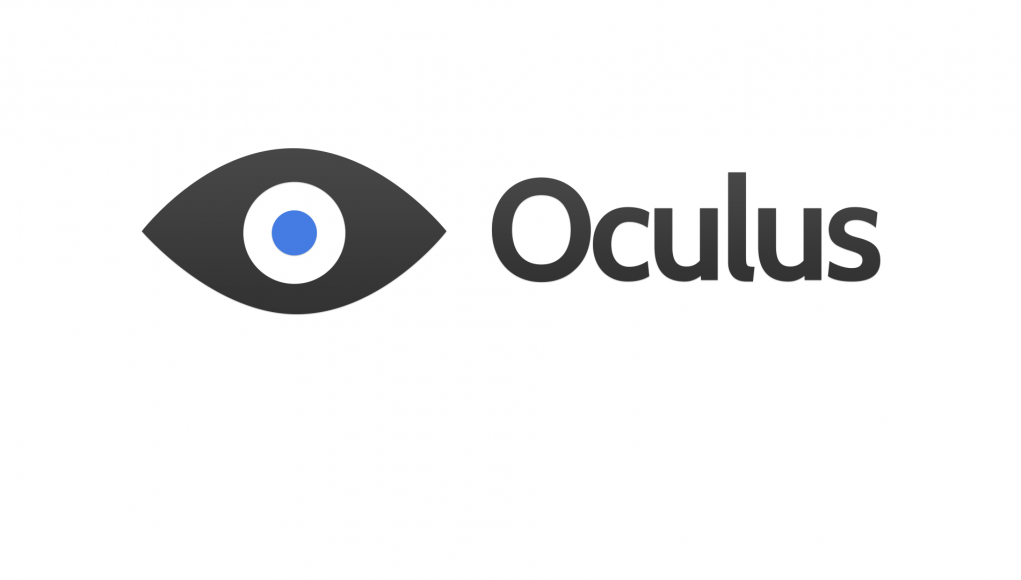Oculus today announced that they’ve acquired Surreal Vision, a computer vision company that’s using technology to interpret the real world in a way that can be visualized and interacted with within virtual reality.
Surreal Vision is a UK company that was founded by three Computer Vision PhDs from Imperial College London: Richard Newcombe, Renato Salas-Moreno, and Steven Lovegrove.
The founders alone have their hands in some pretty enticing computer vision tech. Oculus notes in their official blog post about the acquisition that Newcombe is the inventor of KinectFusion among others, while Salas-Moreno is the inventor of SLAM++, and Lovegrove the co-inventor of DTAM and author of SplineFusion.
While all of the founder’s work is interesting, SLAM++ is the coolest in my book. Using input from a single depth camera, SLAM++ tracks its own position while mapping the environment, and does so while recognizing discrete objects like chairs and tables as being separate from themselves and other geometry like the floor and walls.
Such a system could open the door to quickly scanning a real-world environment then dropping it into virtual reality such that the objects scanned in the scene are instantly interactive (like being able to walk over and pick up a can of Coke or a basketball that was present in the scan).
A bit from the Surreal Vision team regarding the announcement:
Over the past three decades, a great deal of work in computer vision has attempted to mimic human-class perceptual capabilities using color and depth cameras.
At Surreal Vision, we are overhauling state-of-the-art 3D scene reconstruction algorithms to provide a rich, up-to-date model of everything in the environment including people and their interactions with each other. We’re developing breakthrough techniques to capture, interpret, manage, analyse, and finally reproject in real-time a model of reality back to the user in a way that feels real, creating a new, mixed reality that brings together the virtual and real worlds.
Ultimately, these technologies will lead to VR and AR systems that can be used in any condition, day or night, indoors or outdoors. They will open the door to true telepresence, where people can visit anyone, anywhere.
The Surreal Vision team are joining the company as part of Oculus Research in Redmond, Washington. Oculus did not specify the cost of the acquisition.
The Surreal Vision acquisition appears to be complementary to that of last year’s Nimble VR grab, a company which was developing a depth camera and computer-vision based hand tracking systems for virtual reality. So far Oculus has not said what they’d do with that hand-tracking tech; much of the developer community is still waiting for the company to announce how they will handle input for their consumer Rift headset.







